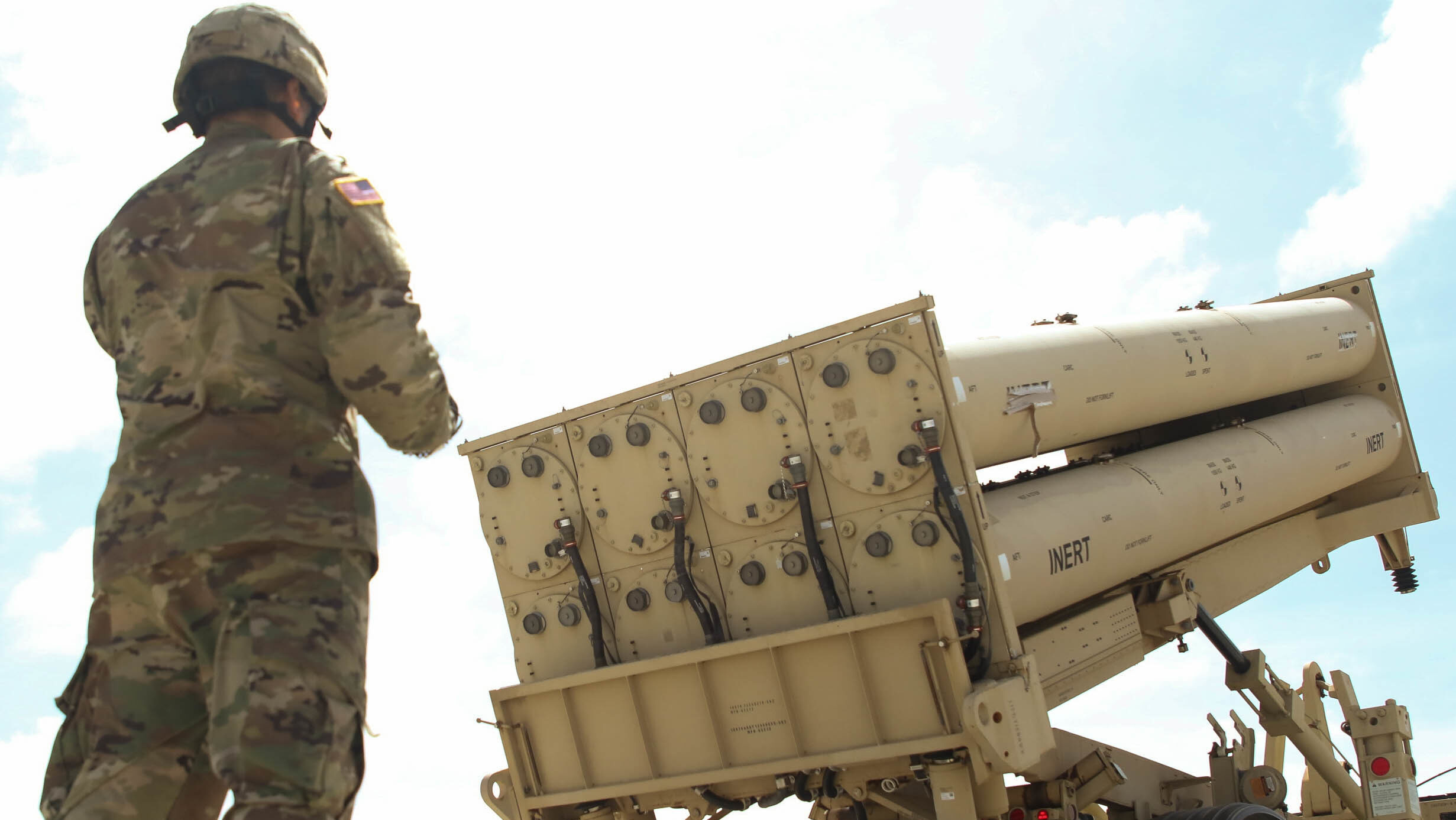
Guam defense tops INDOPACOM’s unfunded priorities, NORTHCOM wants more IT
US Indo-Pacific Command’s $11 billion unfunded priority list includes 44 programs, from missiles to maritime mines.

US Indo-Pacific Command’s $11 billion unfunded priority list includes 44 programs, from missiles to maritime mines.

Which specific systems have been selected haven't been publicly announced, a “very deliberate” strategy from the Pentagon, Navy Capt. Alex Campbell, director of the Defense Innovation Unit’s (DIU) maritime portfolio, said today.

Lars Hoffman, Blue Origin's vice president of national security sales, said that a viable commercial market for space mobility and logistics "doesn't exist right now."
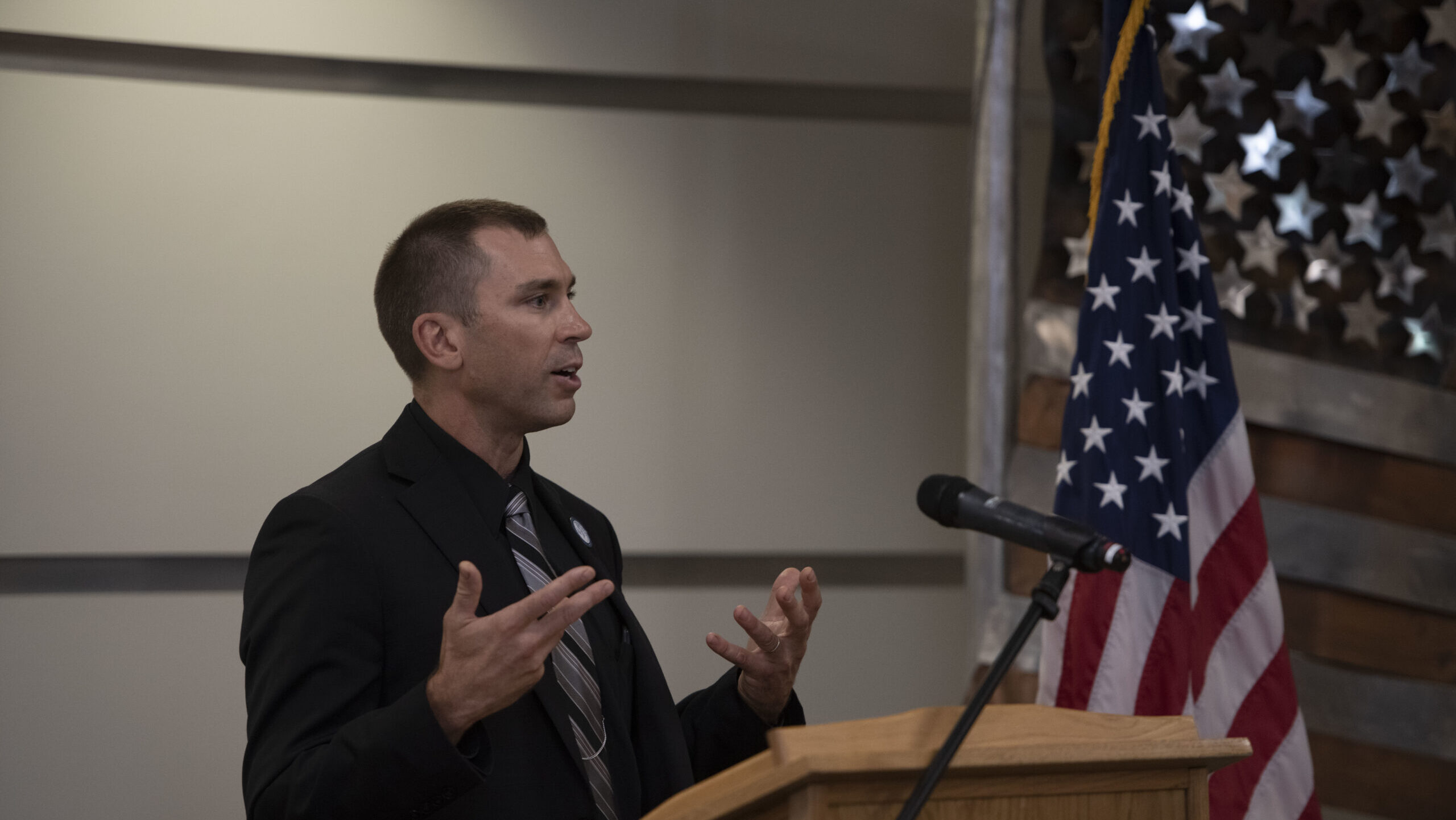
"We truly have demonstrated that the vision of JADC2 and the vision of the Joint Fires Network is a reality and we can do it," SDA Director Derek Tournear told Breaking Defense.

China wants "to create tense, uncomfortable situations in the hope that US and partner forces will vacate the space that every force has a right to be in," Pacific Fleet Commander Adm. Samuel Paparo said.
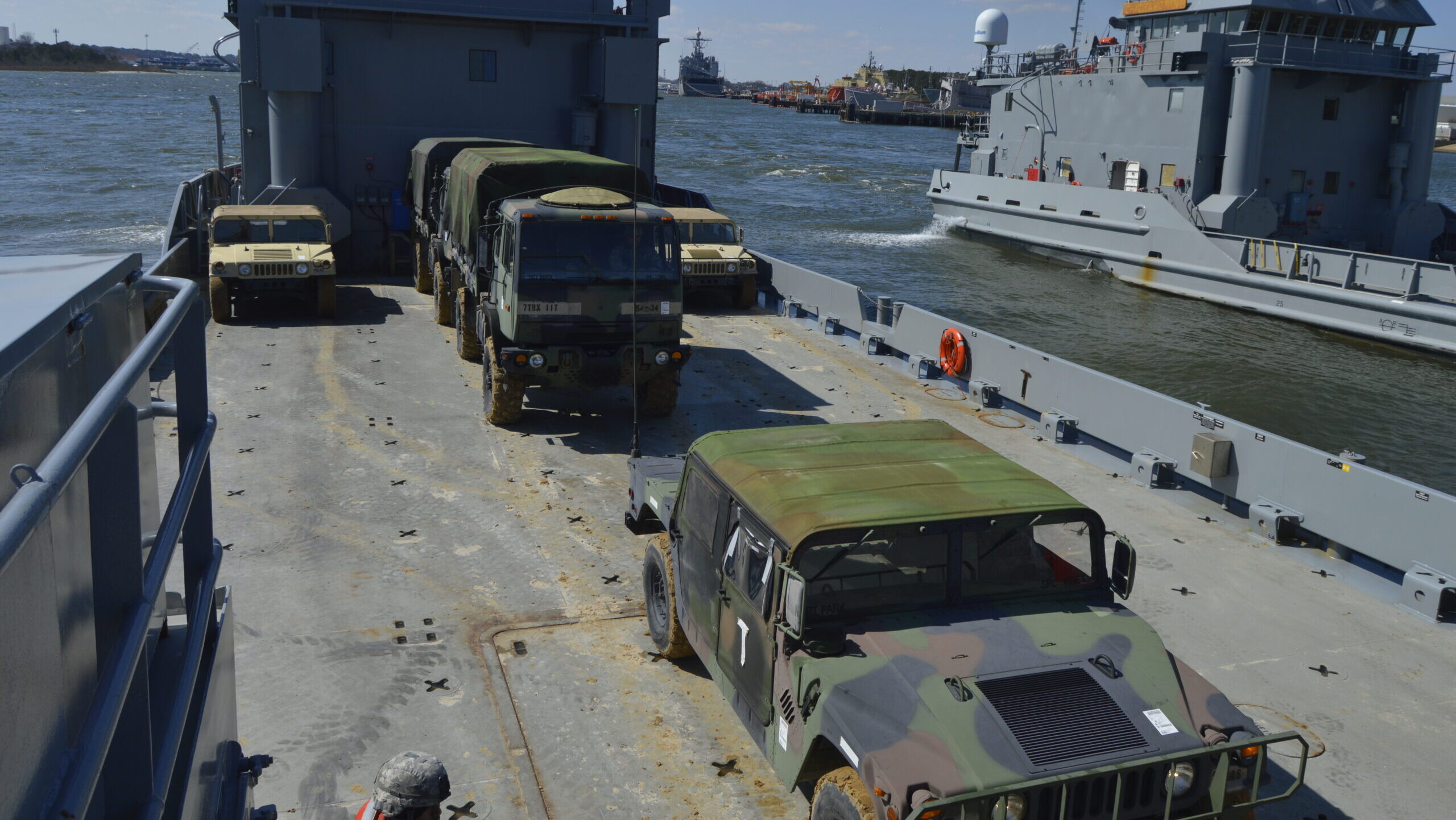
"While many of us may typically think of maritime operations as maybe more of the domain of the Navy or the Marine Corps, it's really the Army that is charged with moving our troops or equipment or supplies across the land-water interface in order to enable early theater entry as well as support and sustain DoD operations," said senior researcher Kate Brodie.
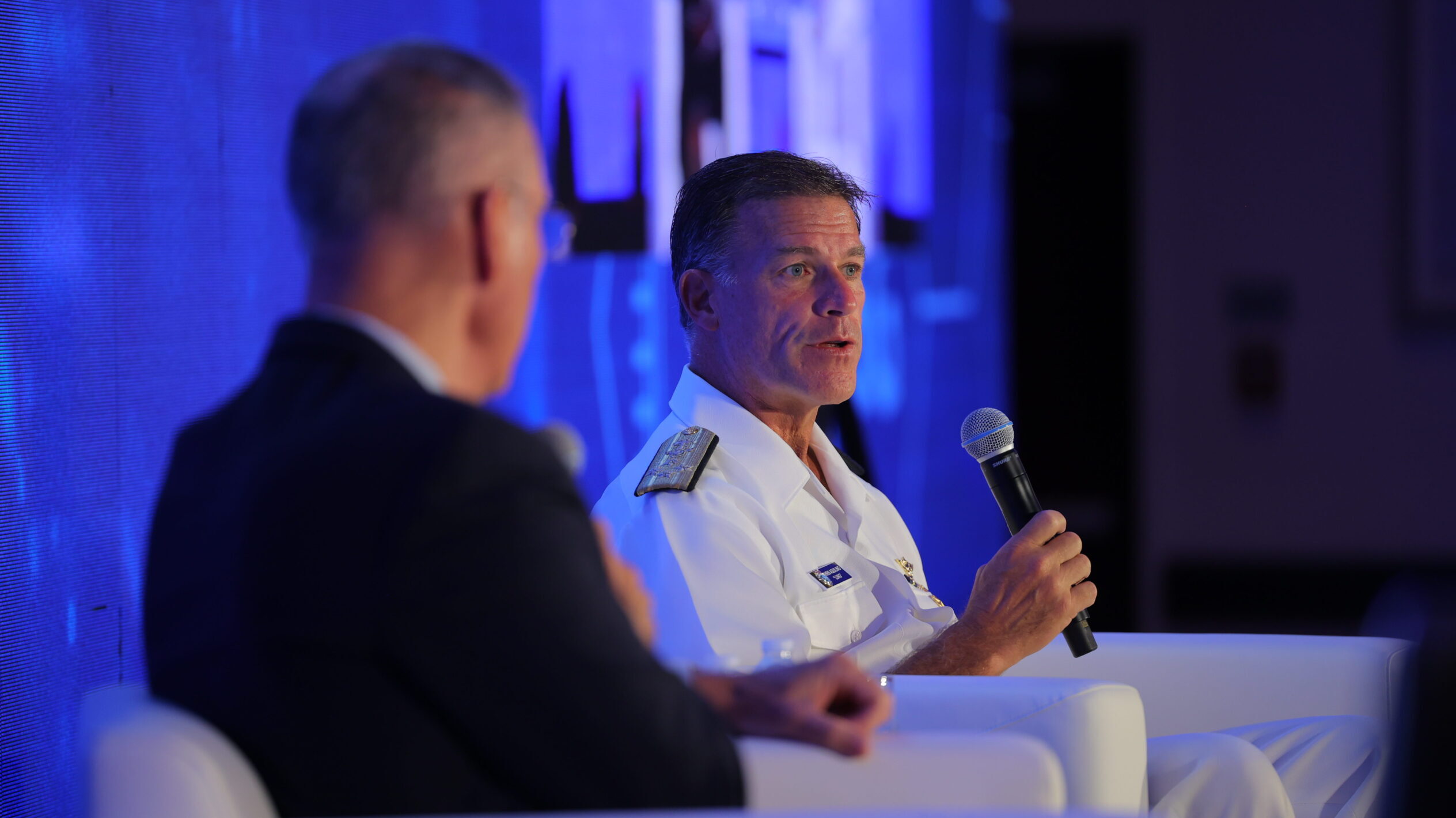
"So we think we can actually help make it easier for you to be able to get after the key programs that the warfighter needs," Adm. John Acquilino said.

"When you deal with a partner nation (Japan) you have to learn how they're set up. And, also, in this case there's obviously a language barrier," Lt. Col. Jon "Ghost" White, who commands the 366th Air Base Squadron, told Breaking Defense.
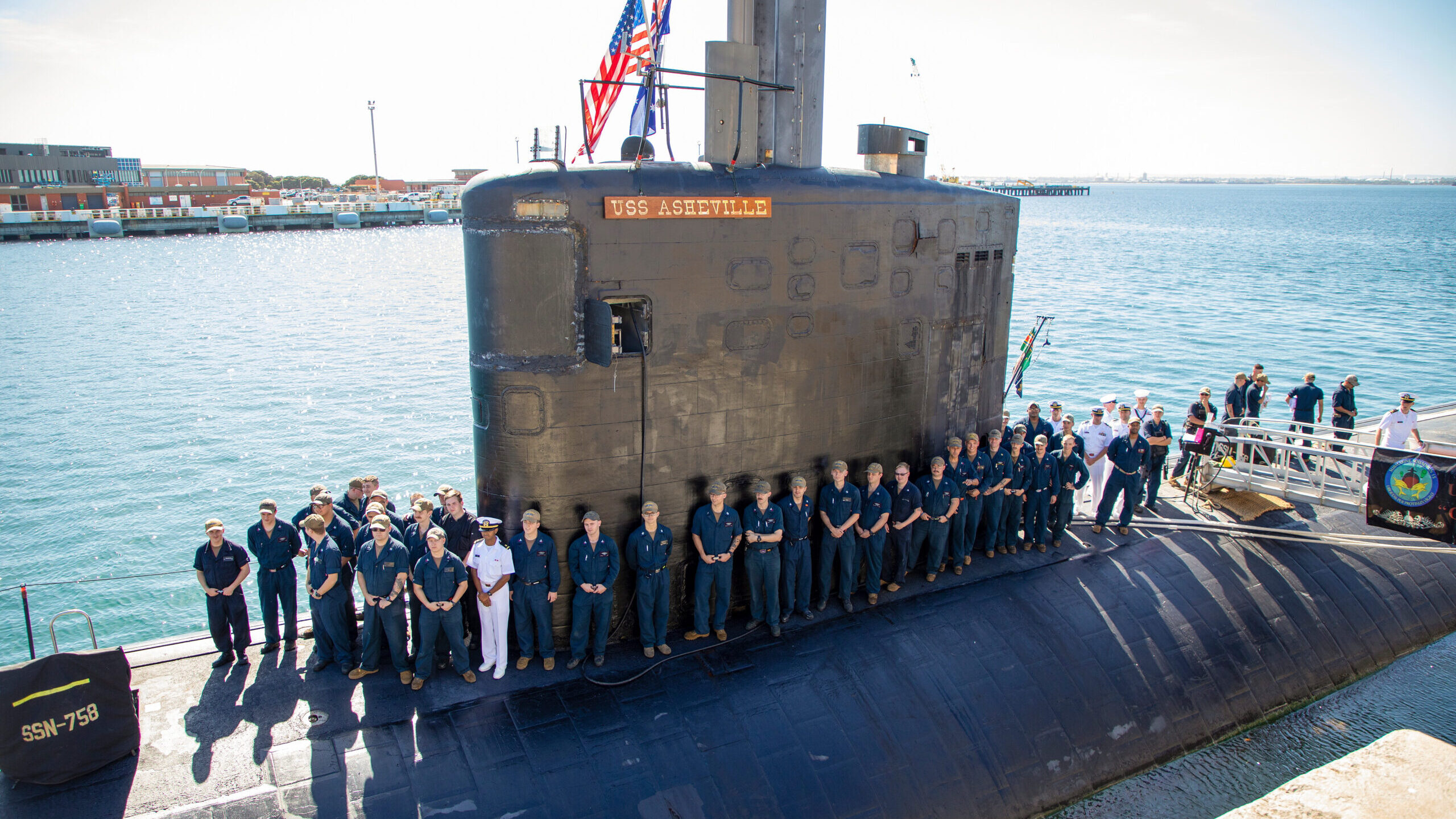
"At the senior levels, there are so many two- and three-star Australians that knew two- and three- and four-star Americans. They would call each other or VTC each other, and nobody knew," one interviewee said. "We didn’t know, and we kept saying, hey, we would really appreciate it if you let us know what’s happening ... so we can help facilitate the outcomes."

“The bottom line is the entire joint force is required to help deliver effects to both deter and fight and win,” said US Indo-Pacific Command head Navy Admiral John Aquilino.

The exact amount Dickinson would like to see Congress add to SPACECOM's own budget is unclear, as the funding for five of the six wish list requests is restricted to a classified annex.

US Indo-Pacific Command's independent budget request is roughly $4 billion more than what it received last fiscal year.
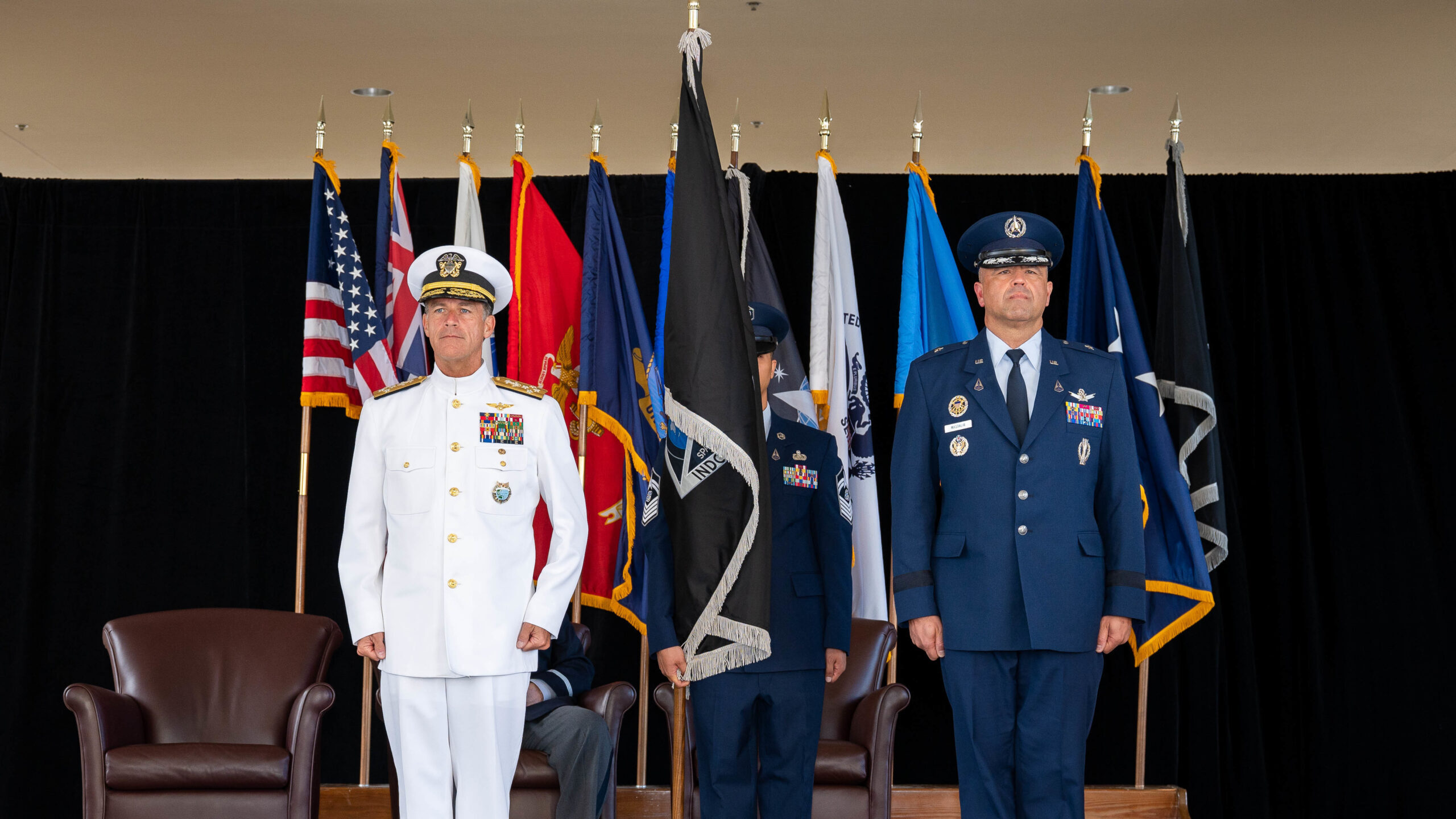
China's growing number of intelligence, surveillance and reconnaissance satellites are "designed to find, fix, track and target US forces and allied forces. They're designed to help kill sailors, airmen, soldiers, and Marines," said Brig. Gen. Anthony Mastalir, head of the Space Force's Indo-Pacific component command.